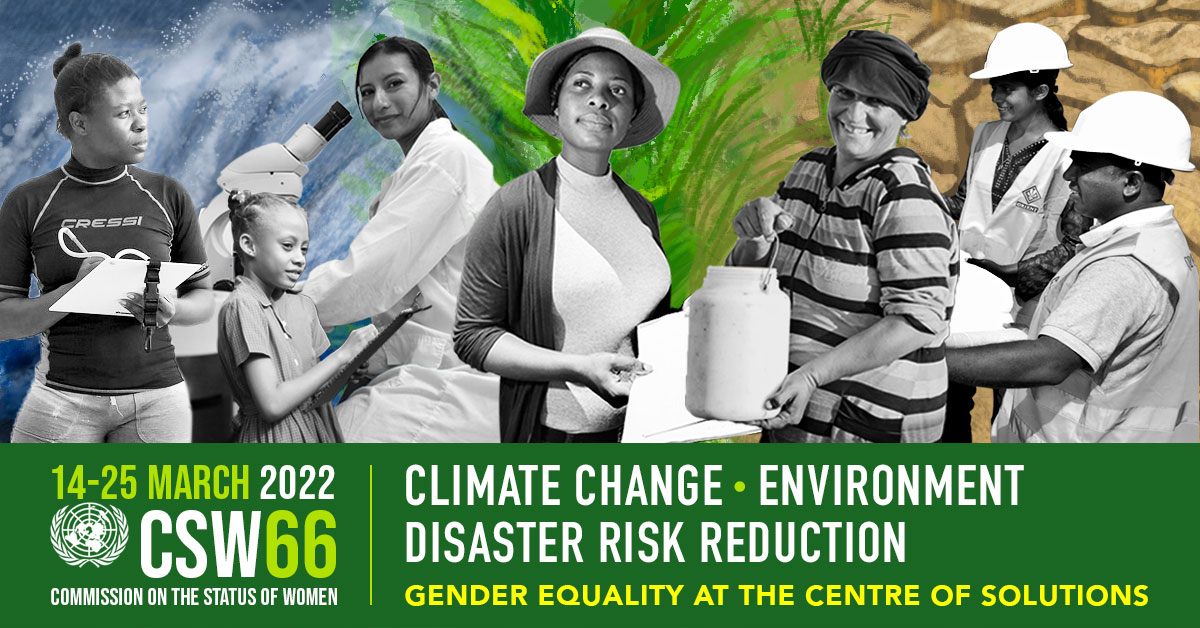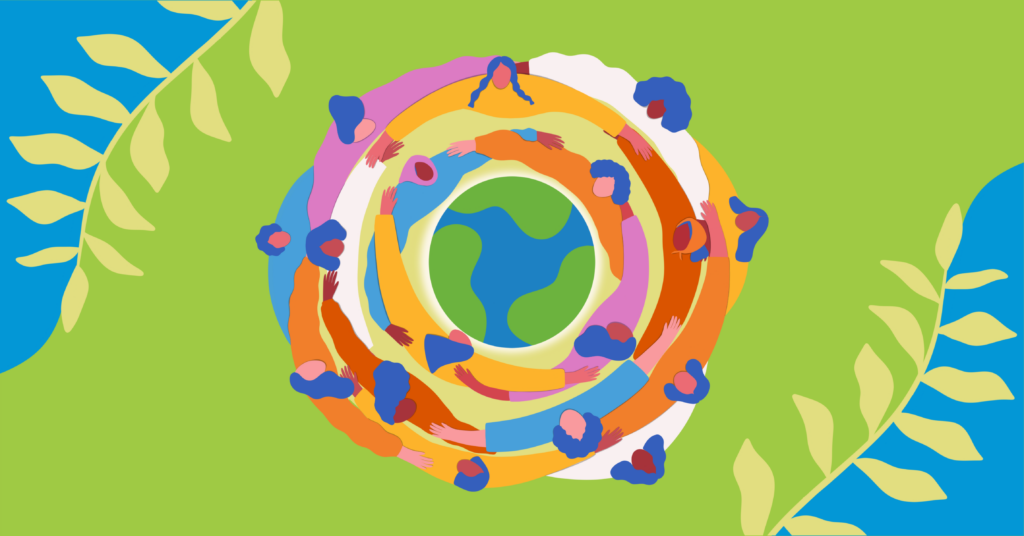
It innovates, values and gives continuity to the life of others, given in daily work, seeking the well-being of the Common Home
16 May 2022The experience of participating in the Sixty-sixth session of the Commission on the Status of Women (CSW66) was guided by the Justice Coalition of Religious (JCoR). A group of more than 30 people was formed, most of the participants were lay people who work in the Claretian Family, committed to the rights to a dignified life for women in their different ages and realities, or in projects of care and decarbonisation of the environment, as well as the protection and education of girls and women in the face of guerrillas, war in Ukraine, of the imposition of a forced life style due to their local traditions.
They seek to create or strengthen different projects that help women’s sustainability and sustainability from a gender equity perspective, with justice at the heart of global transformation as a transversal axis.
To this end, we were presented with three agendas to review in order to choose the conferences of most interest: One agenda was for Official Sessions and the other two for side events.
The Official Sessions are those that take place at the UN Headquarters; where delegates from each country presented various projects to ensure that women are valued, respected, and incorporated into the work of gender equality, seeking to reduce the wage gap. In addition, the UN has the capacity to call each country to account on a concrete reality, asking for clarity, evidence and accurate data on the issue in question.
The side events were organised, some by NGOs and others by various associations that UN Women allows because they are accredited by the United Nations Economic and Social Council.
In certain side event conferences we did not fully agree with what the delegates were saying, as was the case with Honduras, Mexico and the Dominican Republic; those of us who listened to the conference and knew about the subject wrote in the chat that these projects no longer existed, that the programmes presented did not have the scope mentioned, or that they prefer to help young people (who represent votes in the elections) instead of continuing with the women’s health programme.
On the other hand, it is shocking to know that in various regions of the world, people have been forced to completely change their lifestyles in order to survive due to lack of water, deterioration of the land, overexploitation of nature and insecurity. Those who depend on agriculture are extremely vulnerable to climate change; due to their scarce resources they have no alternative livelihood, and women are the most affected.
They insistently invite us to review our activities and include in them the defence and care of the environment, creating different projects taking into account gender equity and inclusion in the face of climate change; where women are leaders because their “sentimental” capacity makes them unique and highly competitive.
For this, teamwork is indispensable, really listening to others, walking and working together with the sister, “leaders are needed, not bosses”, people who know how to value the work of others and give continuity, prepare local women in all senses so that they are the ones who are at the forefront, learn to innovate, encouraging from childhood their ability to occupy various jobs in society (that’s why I titled the article that way).
It is urgent that we unite our hands, our voices not only with those calling for justice for the women who have been kidnapped and murdered, but also in the face of the pain of mother earth, which can no longer bear fruit to feed, due to its destruction by the ambition of some and the indifference of others.
In the moments of group meetings we pray for each other’s projects, keeping in mind the congregational projects. We need to ask ourselves what initiatives Mother Antonia and Father Claret, so sensitive to the needs of their time, would take today. It is time as our foundress said “that we know what to do” to improve climate-smart agriculture by empowering women, build women’s resilience to migration, survival and displacement. Let JPIC not remain only in congregational documents.
Thank you for the opportunity to experience this.
Sofía Pérez Santiago, rmi

